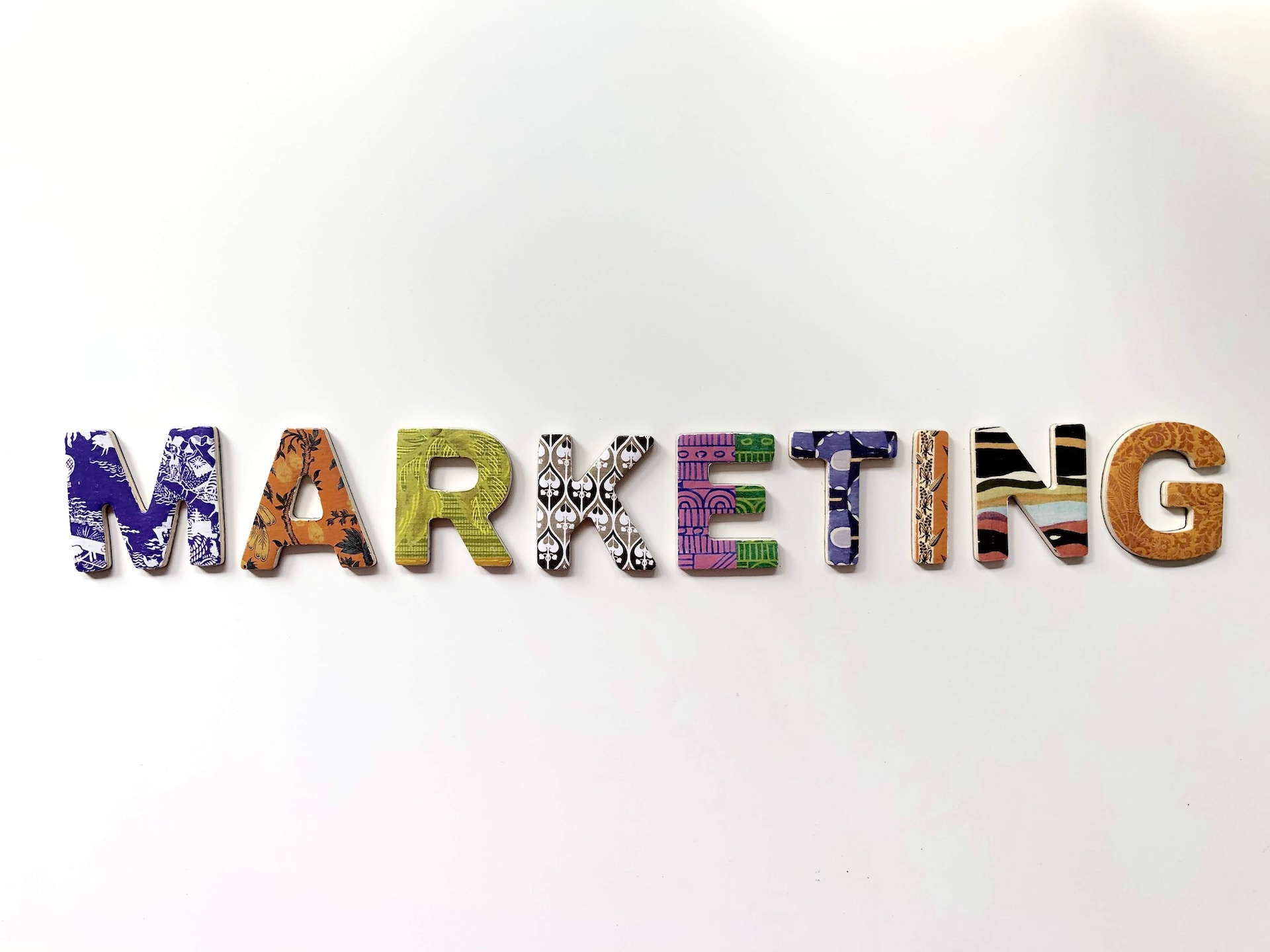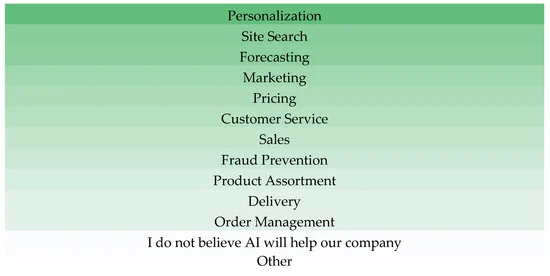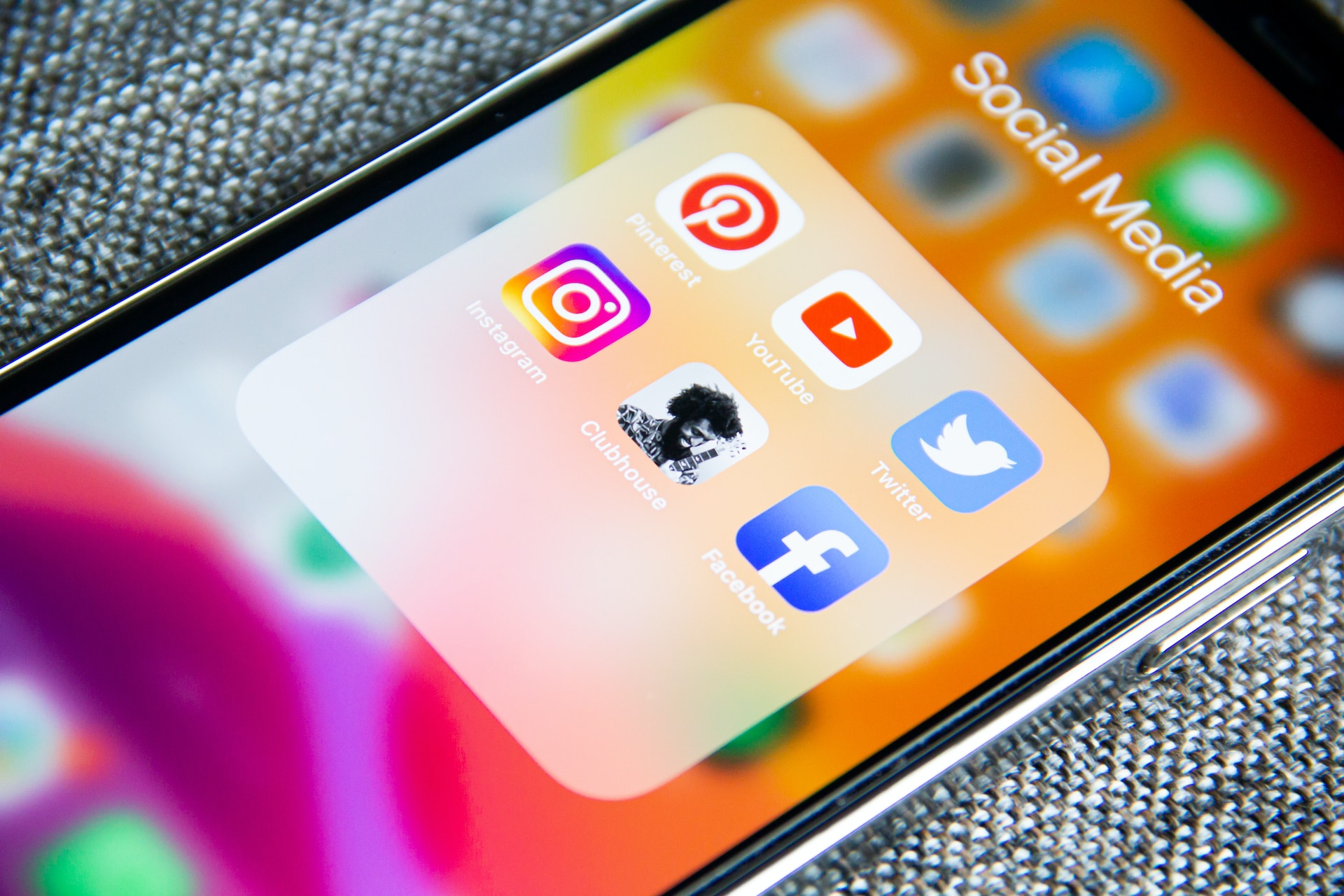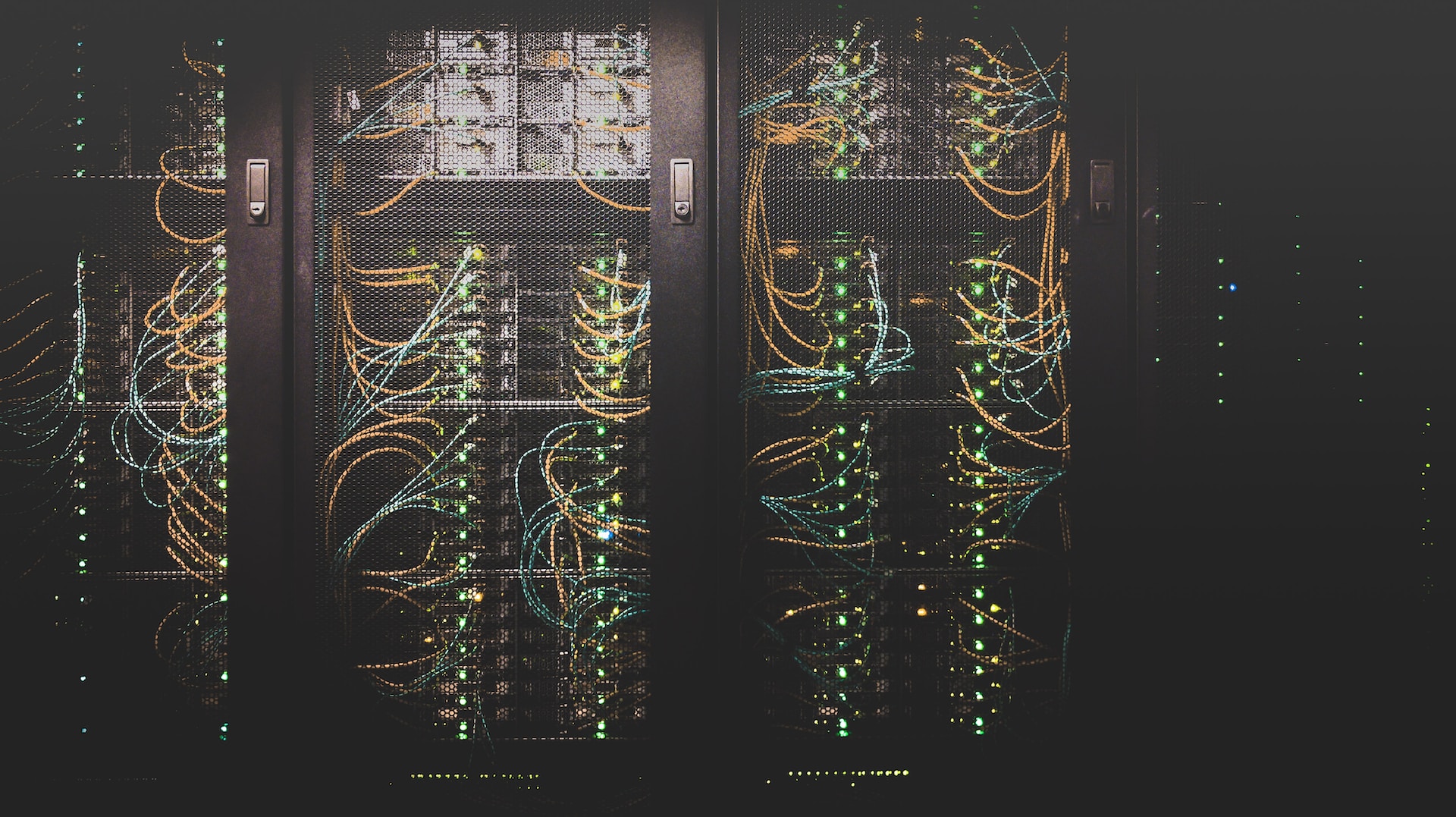
Introduction
Only as I started thinking and writing about various AI use cases in main industries for AiFinesse’s Blog section, I’ve realized how much AI we are already using in Marketing and E-business applications. This article discusses some of those AI use cases and outlines future potential for AI in Marketing.
Artificial Intelligence (AI) is a technology that enables computers to learn and adapt from data inputs. In marketing, AI can help analyze large amounts of data quickly, identify patterns in customer behavior, and create predictive analytics. All these can guide a marketing team in their decision making. AI can, therefore, help marketers gain deeper insights into their customer behavior and preferences, helping them create a more personalized experience.
Table of Contents
Table of Contents
Artificial intelligence (AI) is expected to have a significant impact on all of the phases of tourism mentioned above. AI technologies, such as machine learning, natural language processing, and computer vision, are already being applied to automate tasks with AI, analyze data, make recommendations and assist decision-making in various contexts. Here are some examples of how global brands are using different AI tools in their marketing efforts from a research paper published in 2021.
RedBalloon uses Albert’s AI marketing platform to discover and reach new customers. Macy’s On Call uses natural language processing to provide an in-store personal assistant to customers. Lexus uses IBM Watson to write its TV commercial scripts, “Driven by Intuition.”
Affectiva, based on affective analytics, recognizes consumers’ emotions while they are watching commercials. Replika, a machine learning-based chatbot, provides emotional comfort to consumers by mimicking their styles of communication. It has even been asserted that AI will change the future of marketing substantially
– A strategic framework for artificial intelligence in marketing
For another comprehensive and well-researched article which discusses AI use cases in another main industry check out another article I’ve written recently titled AI in Tourism.
AI in Marketing
There are two main types of AI used in marketing: machine learning and deep learning. Machine learning is a subset of AI that involves training algorithms to learn from data and make predictions on new data. Deep learning, on the other hand, uses neural networks to recognize and categorize patterns and relationships in complex data sets.
There are various AI marketing tools available to marketing professionals such as Marketo, HubSpot, and Pardot that can automate marketing tasks. These tools can analyze data, segment customers, and personalize content, among other things. AI tools can also provide insights that can help marketers optimize their campaigns. Additionally, AI is being used in automating generalized tasks and automating social media tasks.
On the Data Science side, one popular AI marketing strategy involves using predictive analytics to target customers with personalized content and product recommendations. Another strategy is the use of AI chatbots, which can answer customer queries and provide support 24/7. AI can also be used to optimize ad targeting and analyze social media sentiment, helping marketers understand customer opinions and reactions.

Is generative AI also used in marketing?
Not as much as other AI apps but yes. This also depends on how we define generative AI in marketing context. At the moment, generative AI applications usually don’t interact with customers directly.
Generative AI can be used in creating new content based on data sets. For example, generative AIs can be used to create personalized product descriptions or meta descriptions for webpages. By using AI Writers, marketers can generate large amounts of content in a short amount of time, which can then be used in a marketing campaign.
What are the Benefits of Using AI in Marketing?
The benefits of using AI in marketing are numerous. It can help automate repetitive tasks, providing more time for marketers to focus on strategic planning. AI can also provide valuable insights that can guide decision-making, such as recommending the best channels to reach customers or predicting future trends. With the use of AI, marketers can also create a more personalized experience for their customers.
Marketers can leverage AI platforms for their campaigns by first identifying which processes or tasks can be automated. They can use AI platforms to optimize email campaigns, social media ads, content marketing, and customer support. With the use of AI, marketers can more accurately predict customer behavior, preferences, and needs. In a research paper published in January 2023 by Castillo and Taherdoost, it was mentioned that:
Academicians have concluded that AI will considerably change the future of marketing
Benefits of using AI for marketing automation
The benefits of using AI for marketing automation are numerous. By automating repetitive tasks, such as sending emails or creating social media content, marketers can free up time to focus on more strategic initiatives. Additionally, AI can analyze customer data in real-time, allowing marketers to respond more quickly to changes in market conditions. If AI apps aren’t satisfactory for your vision or if you are a developer/entrepreneur you can check out this Python tutorial as an implementation that involves programming: How to Automate Twitter with Python.
AI Use Cases in Marketing
One notable example of AI in marketing is chatbots. Chatbots use natural language processing (NLP) to provide human-like conversations with customers. With the use of chatbots, customer service can be delivered 24/7. Another example of AI in marketing is email marketing. By using AI, marketers can analyze the content and performance of emails, and then suggest improvements to optimize engagement rates. AI can also recommend specific products and services based on customer preferences. We will discuss more AI use cases in Marketing below.
There are numerous use cases for AI implementation in marketing, such as automating ad targeting, creating personalized content, optimizing email campaigns, and providing customer support. AI can also be used to analyze data on customer behavior, preferences, and interactions, which can help marketers gain a better understanding of their audience.
Marketers are using AI in digital marketing campaigns to automate tasks such as ad targeting, content creation, and customer support. AI can also be used to analyze customer behavior and predict future trends, helping marketers develop more effective campaigns. Additionally, AI-powered chatbots can interact with customers and provide support, freeing up marketers to focus on other priorities.

How is AI used in Digital Marketing Campaigns?
Marketers are using AI in digital marketing campaigns to automate tasks such as ad targeting, content creation, and customer support. AI can also be used to analyze customer behavior and predict future trends, helping marketers develop more effective campaigns. Additionally, AI-powered chatbots can interact with customers and provide support, freeing up marketers to focus on other priorities.
AI Analytics after Customer Data Collections
How can AI be integrated into customer data collection?
AI can be integrated into customer data collection by analyzing data from various sources, such as social media, email, and website analytics. With the use of AI, marketers can create a more comprehensive view of the customer journey, which can be used to design more effective campaigns. AI can also be used to identify patterns in customer behavior and preferences, helping marketers create personalized content and experiences.

What are the Future Possibilities of AI in Marketing?
In the future, AI can personalize marketing efforts even further by analyzing customer behavior in real-time. By using this information, AI can recommend products and services in a more personalized and relevant way. AI-powered chatbots can also create a more personalized experience by engaging customers in human-like conversations.
HackerNoon has an interesting blog post that can be inspiring for successful marketing professionals to have new ideas around AI named: The Future of Growth Hacking with AI.
AI can personalize marketing efforts even further
AI can be used in innovative ways in marketing campaigns, such as analyzing customer sentiment on social media or predicting the success of a marketing campaign. AI can also be used to create highly personalized content, such as website landing pages or email campaigns.
The future of AI in marketing is exciting. With the use of AI, marketers can gain deeper insights into customer behavior, automate tasks, and create more personalized experiences. As AI technology continues to advance, we can expect to see more innovative use cases and applications of AI in marketing programs. It’s clear that marketers who invest in AI will be better positioned to succeed in the increasingly competitive marketing landscape.
Summary
Overall, AI technology is transforming the entire marketing landscape. With the power to optimize campaigns, personalize content, and automate processes, the possibilities for AI in marketing are endless. Marketers need to leverage AI marketing platforms to optimize campaigns, collect data, and gain insights into customer behavior and preferences. By using AI solutions, marketers can create data-driven campaigns that drive better results and improve their overall marketing and sales performance.
As technology continues to advance, Artificial Intelligence (AI) has become an increasingly important tool for businesses. Now, companies are starting to utilize AI in their marketing efforts to drive better results. AI-powered marketing can help automate tasks, personalize content, and more. In this article, we’ve explored the impact of AI in marketing, how it can help marketers, and what the future holds for AI in marketing.
References
[1] Research Paper: The Impact of AI Technologies on E-Business
[2] Statista: Future Areas in Which AI Will Help E-Commerce Businesses According to Decision Makers in North America and Europe in 2021. 2021.
[3] Research Paper: A strategic framework for artificial intelligence in marketing.
[4] Research Paper: How artificial intelligence will change the future of marketing
